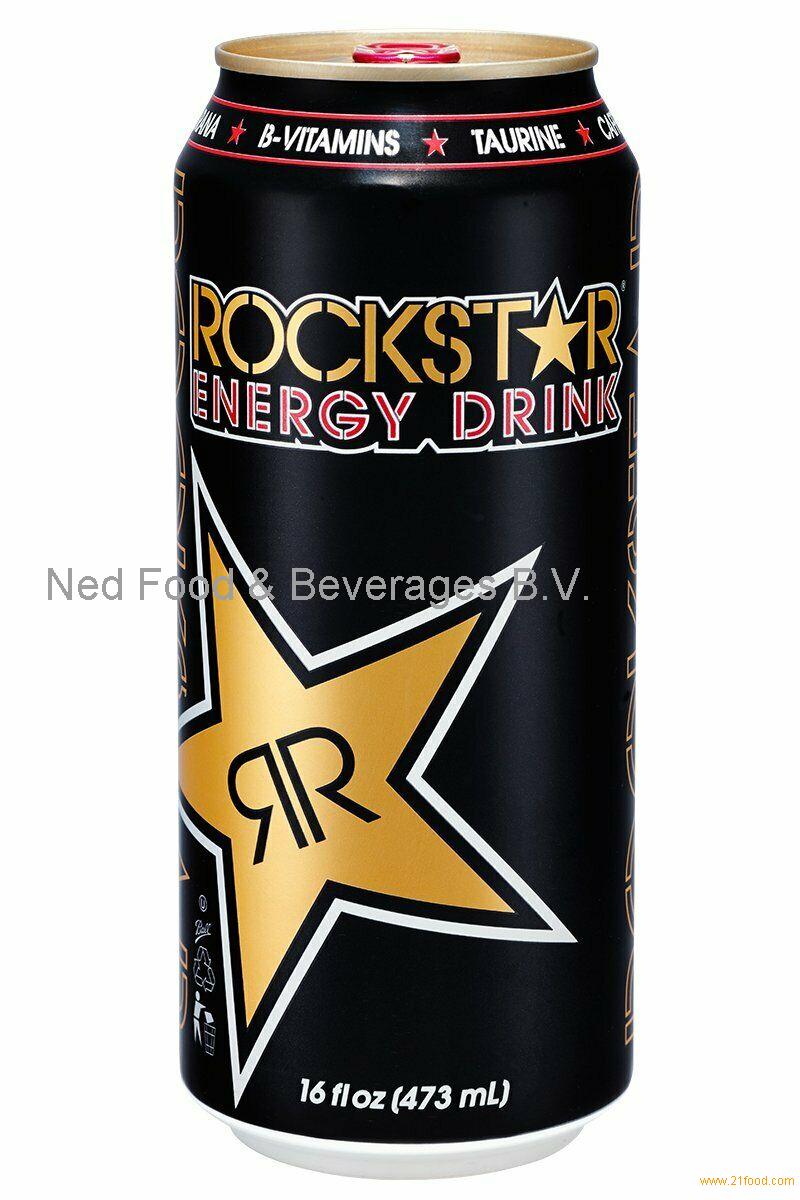

Lithium, too, can have side effects, including: On the other hand, the person may decide to skip their medication in order to drink more “safely.” However, not taking the medication can cause symptoms to return. If a person uses valproic acid with alcohol, this may put extra strain on the liver, increasing the risk of liver disease. Valproic acid can also cause liver problems, as can alcohol. Using both at the same time can increase the effect, with potentially serious consequences. Valproic acid is a CNS depressant that can have similar effects to alcohol. antipsychotics such as olanzapine (Zyprexa).People with bipolar disorder often use medications to stabilize their symptoms. Alcohol is a CNS depressant that people use to relax. Scientists believe there is a genetic component to the disorder. The researchers found a direct link between alcohol consumption and the rate of occurrence of manic or depressive episodes, even when study participants drank a relatively small amount of alcohol.īoth bipolar disorder and alcohol consumption cause changes in a person’s brain.īipolar disorder is believed to result from imbalances in brain chemistry. In 2006, a study of 148 people concluded that a person with bipolar disorder does not need to drink excessive amounts of alcohol to have a negative reaction. This may cause alcohol misuse and bipolar disorder each to trigger symptoms of the other condition.

Some scientists have suggested that alcohol use or withdrawal and bipolar disorder affect the same brain chemicals, or neurotransmitters. In the past, researchers have noted that symptoms of bipolar disorder appear as a person withdraws from alcohol dependence. Conditions that often happen together are known as co-morbidities.Īlcohol misuse and bipolar disorder can also produce overlapping symptoms, and they may trigger each other in some circumstances. Combining alcohol with psychosis increases the risk of mental and physical complications.Īddictive behavior and alcohol and substance abuse are common among people with bipolar disorder. If a person has psychosis and consumes alcohol, this can lead to both short-term and long-term complications.Īlcohol can complicate the treatment of psychosis. The person may experience hallucinations, or they may believe that they are very important, that they are above the law, or that no harm can come to them, whatever they do. In some people, a manic phase can include psychosis. When problems occur, the person may use alcohol in an attempt to alter their mood in response to these negative feelings. In addition, bipolar disorder can have a long-term negative impact on a person’s relationships, work, and social life.

People can also experience a mixed episode, or rapid cycling, in which mood changes happen quickly, sometimes a few times in a year. Whether a person consumes or misuses alcohol during a manic or depressive phase, it can be hazardous and possibly life-threatening for them and for those around them. Consuming alcohol during a depressive phase can increase the risk of lethargy and can further reduce inhibitions. depression, which may prevent the person from doing anythingĪlcohol is a central nervous system (CNS) depressant.a sense of isolation, loneliness, and despair.Depressive symptoms and alcoholĬommon symptoms of depressive episodes include: overindulging in pleasurable activities, such as alcohol consumption and risky sexual behaviorĪ person who consumes alcohol during a manic phase has a higher risk of engaging in impulsive behavior because alcohol reduces a person’s inhibitions.irritability and impatience, which can lead to aggression in some people.Mania symptoms and alcoholĬommon symptoms of a manic episode include: The effects of bipolar disorder vary between individuals and also according to the phase of the disorder that the person is experiencing.Īlcohol can exaggerate symptoms of both mania and depression. Share on Pinterest Seth Ryan/EyeEm/Getty Images


 0 kommentar(er)
0 kommentar(er)
